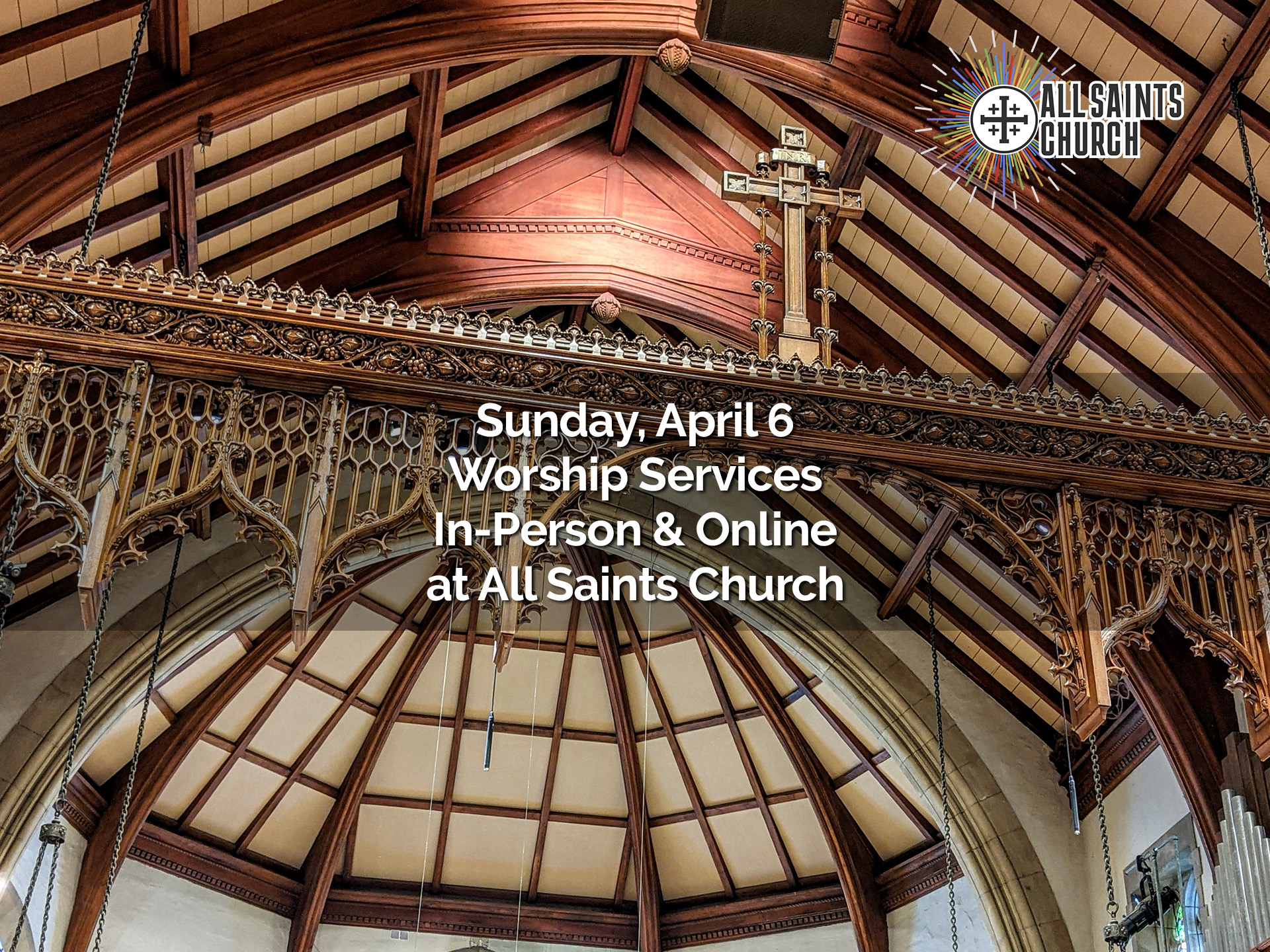Reading Greek mythology was my favorite as a pre-teen. There was Artemis, the virgin goddess of the hunt. The patron goddess of Athens and the Greek goddess of wisdom, was Athena. She was an active participant in the Trojan War, where one of my heroes, Achilles died. I was fascinated by the labors of Heracles. While I didn’t initially grasp the story of Icarus, who flew too close to the sun, I somehow discerned that his story was far more than entertainment.
Instinctively I knew as I continued to read Greek mythology that the stories were more than just stories. It wasn’t until I was much older that I realized Greek mythology for the ancients helped to explain their existence. The stories brought order to their lives, as it clarified their reasons for being.
Joseph Campbell defined mythology as having four basic functions:
the mythical function – experiencing the awe of the universe;
the cosmological function – explaining the shape of the universe;
the sociological function – supporting and validating a certain social order;
the pedagogical function – how to live a human lifetime under any circumstances.
During this Lent, my mind drifted back to thoughts of Greek Mythology and the basic functions defined by Campbell. The stories, each with a life lesson, may definitely teach one how to live into God’s grace on one’s journey of faith.
There is the story of a mother who, rather than asking her children the question: “How was your day?” did something much more helpful. As she tucked her children into bed, she asked them this question: “Where did you meet God today?”
In answer to her question about where they met God, they would answer, one by one: “A teacher helped me; there was a homeless person in the park; I saw a tree with lots of flowers on it.” After they finished telling her where they met God that day, she would tell them where she met God, too. The mother’s actions helped her children become aware of God’s presence in their lives.
I have learned in this past week, with more reminders than ever, that we must never take any encounter for granted. Always, always, take the opportunity to make a difference. Sometimes, the person you are with or encounter may test your very being. Sometimes, you may want to resort to heated words or sarcasm rather than use words that soothe and affirm.
This is the time for us to be more aware than ever before. This is the time for us to closely follow Jesus’ command – “Love God, love your neighbor as yourself.” What are you doing to keep that command? How are you showing your love for the God who shares unconditional love with us? How are you showing your love for your neighbor and just as importantly, yourself? We must remember that every time we are in the presence of another — even for a moment — it becomes our responsibility to live out the gospel command.
Today’s Daily Lenten Meditation is by Zelda Kennedy, Senior Associate for Pastoral Care. Watch for daily postings from All Saints Church as we take the forty day journey to Easter together.



